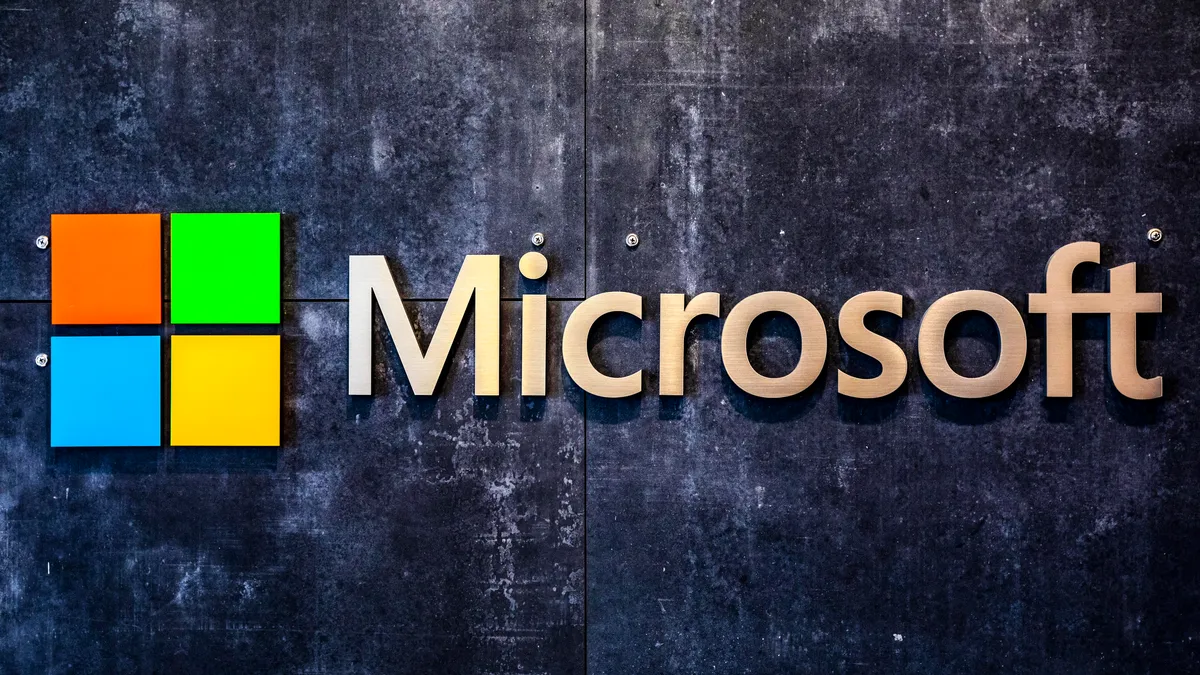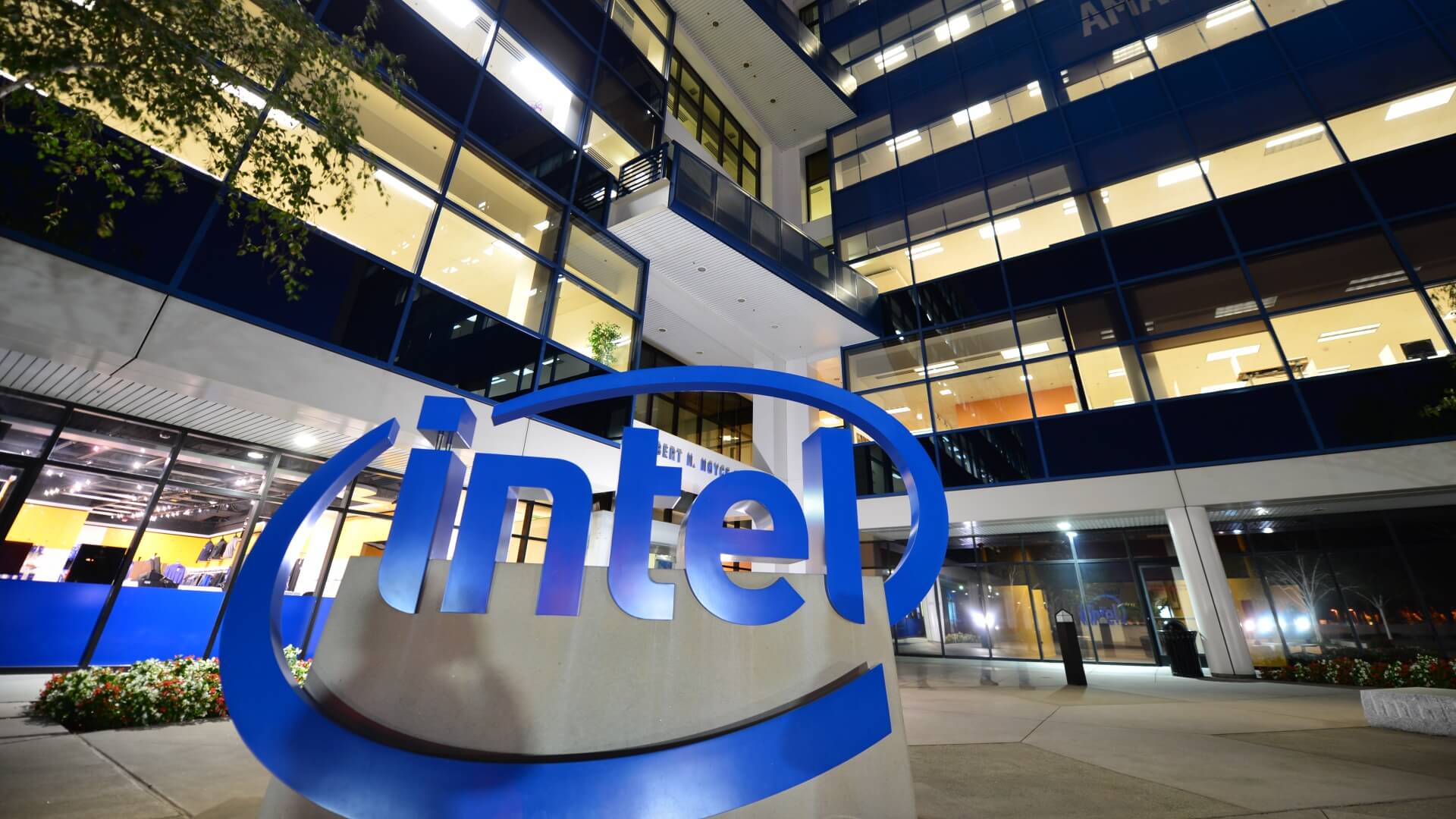Tech giants like Google and Microsoft have joined forces to establish a task force to equip workers with skills for the era of artificial intelligence (AI).
This effort recognizes the pressing demand for professionals proficient in AI technologies as job markets undergo transformation.
The consortium comprises Accenture, Eightfold, Google, IBM, Indeed, Intel, Microsoft, and SAP, along with six advisors.

Francine Katsoudas, Executive Vice President and Chief People, Policy, and Purpose Officer at Cisco, a member of the consortium, emphasized the importance of private-sector involvement in upskilling and reskilling workers for the future amidst the accelerating pace of change driven by AI technology.
Katsoudas stated, “We look forward to engaging other stakeholders — including governments, NGOs, and the academic community — as we take this important first step toward ensuring that the AI revolution leaves no one behind.”
As previously reported by PYMNTS, generative AI technologies like ChatGPT hold promise for significantly enhancing productivity but also pose disruptions to the labor market.

Operating under the name AI-Enabled Information and Communication Technology (ICT) Workforce Consortium, the group aims to offer recommendations and training initiatives to enable businesses to adapt to evolving trends and empower workers to seize opportunities in the digital economy.
In its initial phase, the consortium will assess the impact of AI on 56 ICT job roles, representing a significant segment of the ICT sector across the United States and five major European countries.
The findings will provide practical insights and recommendations to employers seeking to reskill and upskill their workforce for AI-enabled environments.

The consortium members have committed to supporting over 95 million individuals globally over the next decade through skills development and training programs.
Cisco aims to train 25 million people in cybersecurity and digital skills by 2032, while IBM plans to train 30 million individuals by 2030, including 2 million in AI.
Intel intends to empower more than 30 million people with AI skills for current and future jobs by 2030, while Microsoft aims to train and certify 10 million people from underserved communities with in-demand digital skills by 2025.
SAP has set a goal to upskill 2 million people worldwide by 2025, and Google has announced €25 million in funding to support AI training and skills development across Europe.
Ellyn Shook, Chief Leadership and Human Resources Officer at Accenture stressed the importance of organizations investing in learning as much as they do in technology to create career pathways and maintain market leadership.
Advanced economies face heightened exposure, with around 60% of roles susceptible to automation or modification, particularly high-skilled positions.
In contrast, emerging and low-income nations face lower risks, with exposure rates of 40% and 26%, respectively, underscoring the varying effects of AI across different economic contexts.






Leave a Reply